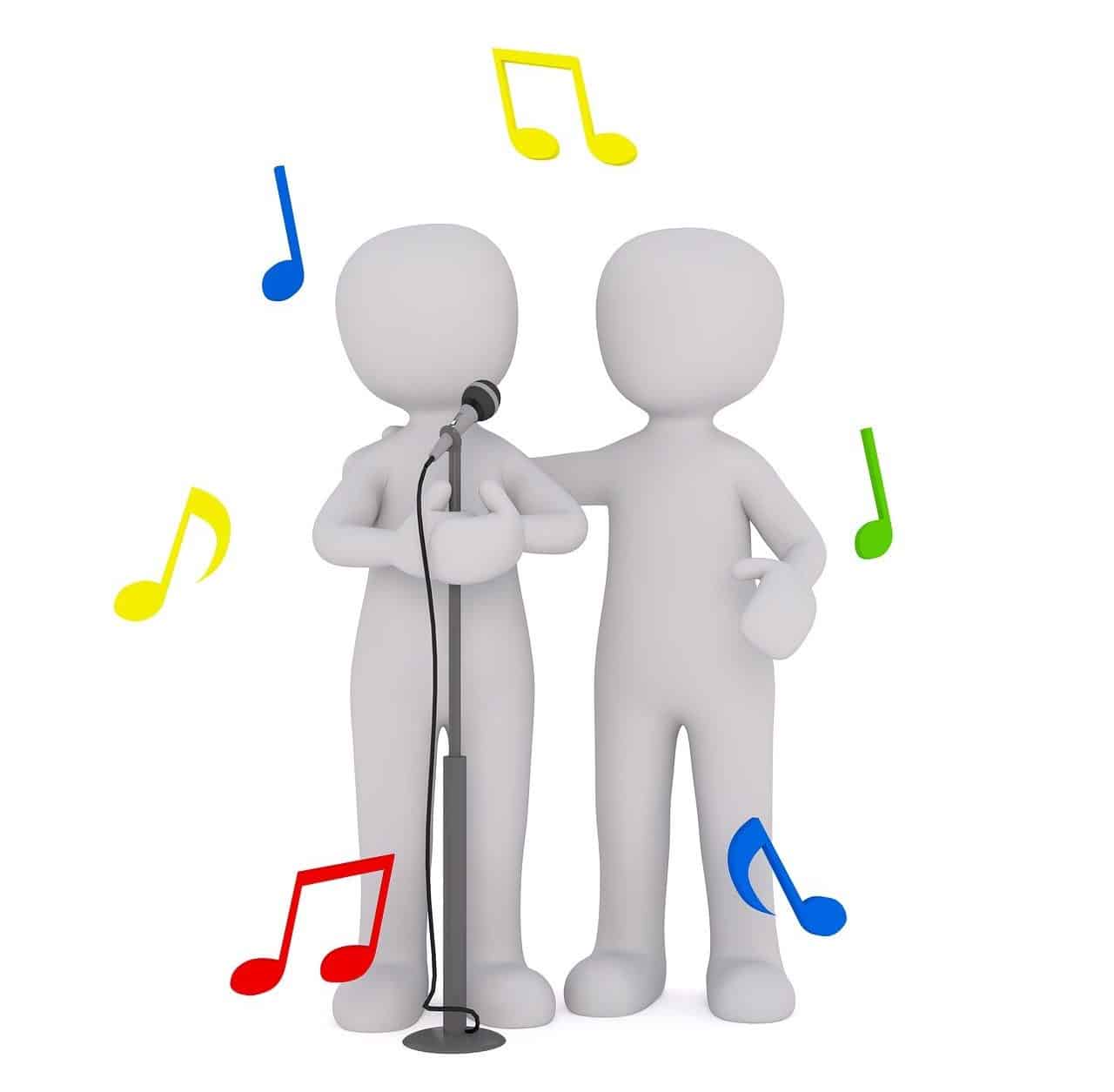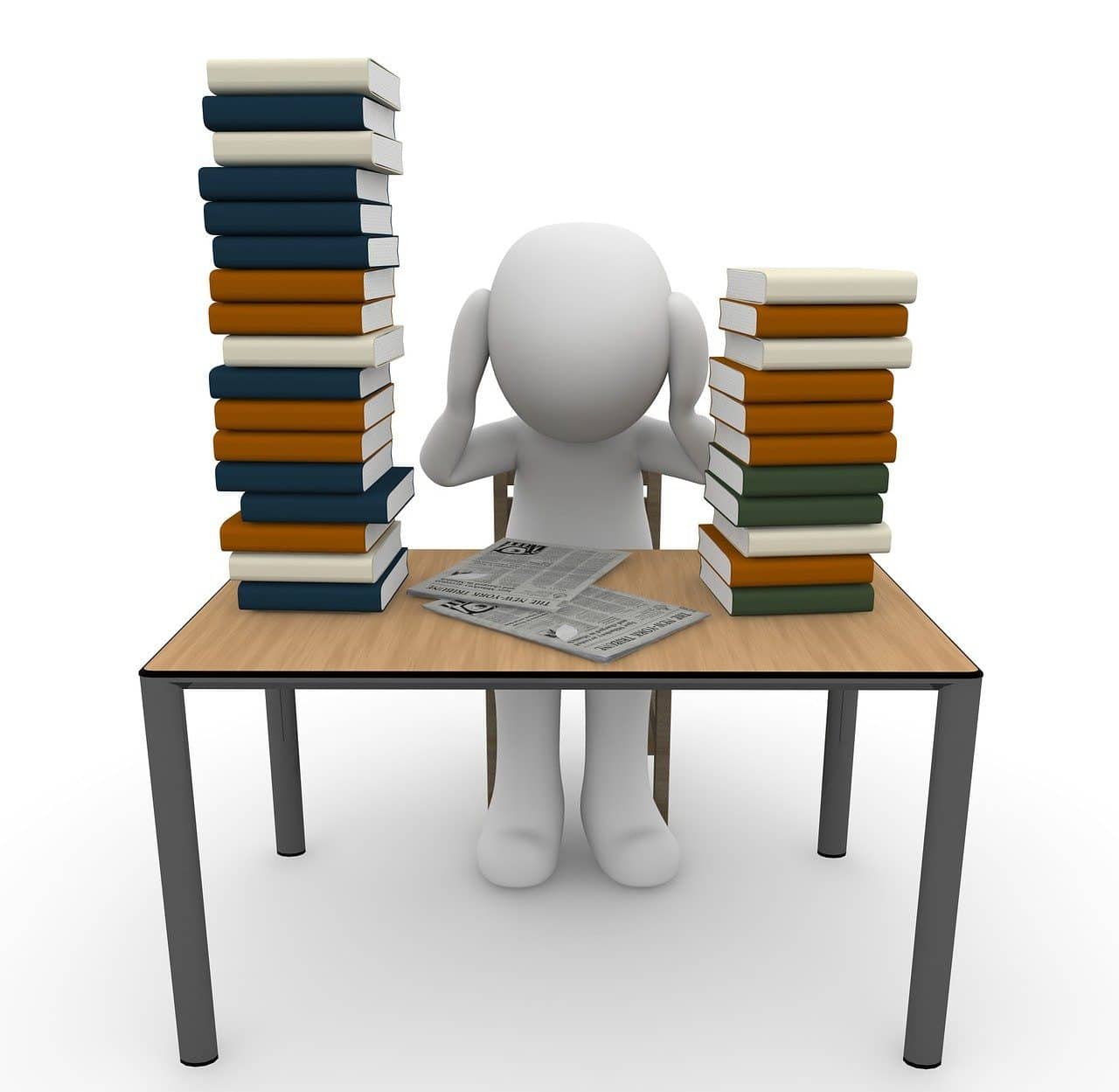
Those who design logos from scratch with their own ideas, just as when developing a huge variety of original works (such as songs and novels), can defend their work by managing and enforcing their copyright.
Copyright is an expression linked to intellectual property law that reveals the protection that, at a legal level, is available to those creators of books , songs , films , novels and paintings , among other works, without the need to be published. , marketed or disclosed. According to the theory, the ideas, facts and procedures implemented at an artistic level are outside the coverage, but it is possible to legally protect the way in which these are expressed.
The content of a website , whether texts and photographs or audiovisual productions, can also be covered by copyright if its creator completes the registration process. Since the late 1990s , even those who dedicate themselves to architecture have had the chance to manage and claim copyright to protect their own design (drawings or architectural plans).
It must be taken into account that the scope and particularities linked to copyright vary from one nation to another. It is essential, therefore, to inform yourself about the criteria that govern the country in which you wish to register a work. If you are on Argentine soil, for example, it is necessary to contact the National Directorate of Copyright (DNDA) , pay the corresponding fee and complete the process, free of charge, virtually. This formality, experts on the subject point out, provides clarity and tools both in terms of registration publicity and legal security since dates, title, parties involved in copyright contracts , etc. are established.
Copyright classes
There are different types of copyright and it is necessary to know what they are and what they are in order to behave responsibly or to know how a creator can defend their creative work.
There are, on the one hand, moral rights that provide each author with recognition as manager (that is, authorship ) of a specific work and the power to preserve it, being able to oppose changes or manipulations if they do not agree. . This set of rights is classified as imprescriptible because they are not lost over time; unavoidable; inexpropriable and inalienable.
If these rights are broken or transgressed by copying and reproducing another's intellectual work , assuming it as your own, then an infraction called plagiarism is committed.
At the same time, intellectual rights are recognized that, with respect to a work, generate possession and economic rights . Each owner (whether its inventor or a publishing label) is empowered to define how it will be disseminated (regardless of the format or medium chosen) and whether or not to authorize one or more translations (and in which language).

Copyright, within the music industry, grants protection to creators of song lyrics and musical compositions.
In each geography, there are also the so-called related rights that are framed in copyright (a word from the English language that refers to a variety of intellectual property that grants someone the exclusive right, for a limited period of time, to adapt, copy , disseminate and produce a work). They safeguard, at a legal level, the interests of performing artists, broadcasters and those who produce recordings.
Scopes and applications
The scope and applications of copyright lead, in all cases, to creative work that demands intellectual effort.
This is confirmed when advising on protected elements within the video game industry (providing coverage on designs, entertainment plot, characters, setting, soundtrack, etc.) and when finding out how to proceed in the film industry , where rights usually govern. of exhibition, rights that guarantee the production of a feature film and a chain of ownership that focuses on the various actors who participate in the development, acquisition and treatment of scripts .
It is also possible to identify copyright applied to the software industry through a contract that sets out the conditions under which whoever creates software provides a third party with authorization to use it.
In the publishing industry, one must also conduct oneself under the parameters and guidelines of intellectual property law and, specifically, copyright law . A publisher must acquire exclusivity to reproduce and distribute a work, while the person who originally developed said material retains rights to the book produced and sold. In this context, the existence of organizations specialized in reproduction rights cannot be overlooked.
The music industry is another field where there is copyright , in this case to keep those who create song lyrics and melodies ( composers ) protected.

When creating a book, regardless of the chosen genre, it is very important to know what copyright is and what it is for.
It is interesting to mention that, at least in Argentina , the individual identified as the holder of translation rights is granted a property right over it in accordance with the conditions agreed with the original creator. For this to happen, it is a requirement that within a maximum period of twelve months from when the translation was published, the translation contracts have been registered in the National Registry of Intellectual Property .
It is vital to know that illegal copies , piracy and plagiarism represent an infringement of copyright , therefore these practices can be reported and the offenders sanctioned.
Links of interest:
https://www.ign.gob.ar/descargas/biblioteca/ley11723.pdf
https://www.copyright.gov/espanol/faq/proteger.html
